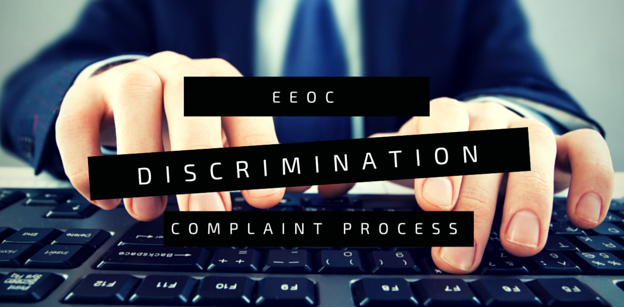When an employee in Texas is fired, laid off, or quits a job, one of the first questions that may come to mind is ‘what is the process for applying for unemployment benefits in Texas?’ For some, it may seem daunting or even a waste of time. However, unemployment benefits are there for employees who are separated from a job through no fault of their own, and it can be an important source of income during any period of unemployment. While the unemployment benefits application process is relatively straight forward, there are a number of pitfalls that can trip an applicant up.
Here are the steps to applying for unemployment benefits in Texas:
- Filing a Claim:
- To start the process, you file an unemployment benefits claim with the Texas Workforce Commission (TWC). This can be done online through the TWC’s website or by phone.
- You’ll need to provide personal information, details about your past employment, and the reason for your job separation (e.g., layoff, reduction in hours, policy violation, etc.).
- Initial Review:
- After filing your claim, the TWC will review your application to determine if you meet the eligibility requirements for unemployment benefits.
- Eligibility factors typically include the reason for separation, having earned a certain amount of wages during a specific time period, being able and available to work, and actively seeking employment.
- Waiting Period:
- Texas, like many states, has a waiting period before you can start receiving unemployment benefits. This waiting week is usually the first week of your claim during which you’re eligible but not paid.
- Work Search Requirements:
- In most cases, you’re required to actively search for work while receiving unemployment benefits. This involves applying for jobs and documenting your job search efforts.
- Job Separation Verification:
- The TWC will contact your previous employer to verify the reason for your job separation. If there are disputes about the reason for separation, it could affect your eligibility and/or lead to an appeal.
- Benefit Determination:
- Based on the information you and your former employer provide, the TWC will determine whether you qualify for unemployment benefits and the amount you’re eligible to receive.
- Payment:
- If approved, you’ll receive a weekly payment, typically through direct deposit or a prepaid debit card. The amount of the payment is based on your past earnings and other factors. You must request payment during each pay period to receive your unemployment benefits.
- Ongoing Certification:
- To continue receiving benefits, you’ll usually need to certify each week or bi-weekly that you’re still eligible by reporting any income you’ve earned and confirming that you’re actively seeking work.
- Appeals:
- If your claim is denied, you have the right to appeal the decision. Likewise, if your claim is approved, your former employer has the right to appeal the decision. The appeals process typically involves submitting additional information and attending a telephonic appeal hearing. You have the right to be represented by an attorney in an appeal hearing and should consult with an employment attorney about the appeals process if you have any questions/concerns.
It’s crucial to follow the guidelines and rules set by the Texas Workforce Commission when filing for unemployment benefits. As these processes can change, I recommend visiting the official Texas Workforce Commission website or contacting their office directly for the most accurate and current information regarding the unemployment benefits process in Texas.







